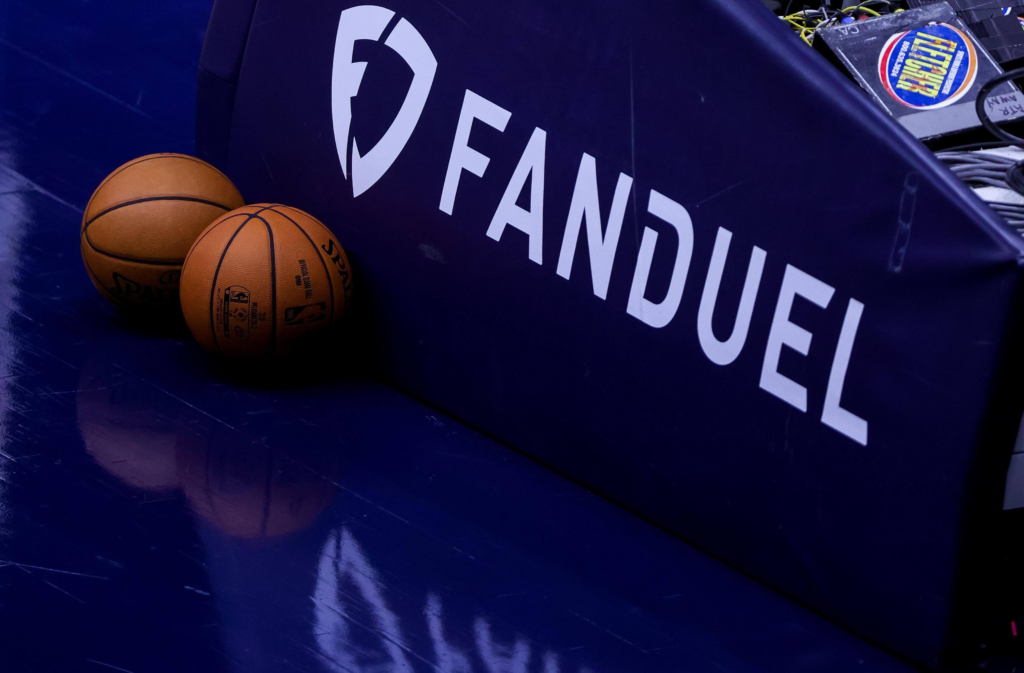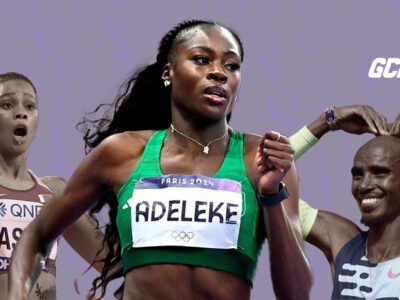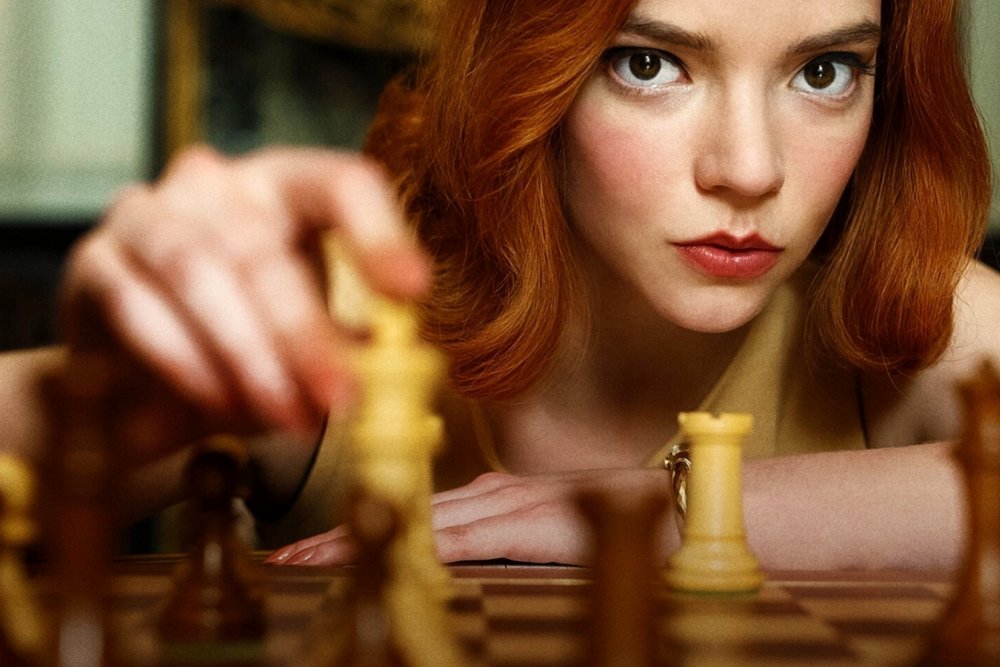The conflicting feeling of disgust and delight when Amanda Nunes lost to Juliana Pena is the reason why sports fans will never stop gambling.
Despite wanting Amanda to win, I couldn’t resist the 9 odds on Juliana Pena’s victory.
After the fight, I posted my ticket to great adulation from friends and fellow fans. But behind that one winning ticket was a paper trail of torn bet slips.
Although I’m done with sports gambling for now, the scourge is still ravaging young people all over the world.
Gambling is as old as professional sports
Gambling and betting have been around since the first sporting activity.
The Romans wagered money and valuable items on gladiatorial combat. The Mayans wagered their lives in team death matches to honour the gods.
Fast-forward to the 18th century, bookmaking became a lucrative business. Organised sports replaced death matches in the Colosseum. Every bounce, kick, or toss of the ball became an opportunity to make money.

Even athletes couldn’t resist the urge to indulge. Michael Jordan and Charles Barkley loved trips to Vegas more than dropping 50 on the Knicks.
More recently, professional athletes like Shane Pinto and Ivan Toney have been suspended for betting.
Japanese superstar Shohei Ohtani was recently involved in a scandal where his interpreter, Ippei Mizuhara, illegally transferred nearly $17m (£14m) from the athlete’s bank account.
The odds are stacked against athletes
With recent cases of professional athletes getting banned for betting on sports, more people are paying attention to this pandemic.
Since gambling is now legal, and all their mates are doing it, why not wager on a match? After all, my team’s jersey has Betway as a sponsor.

If professional athletes making millions can’t resist the urge to bet on a game, what chance do young athletes have?
College athletes make peanuts in varsity sports despite playing in the most lucrative non-professional leagues.
So, what do they do with their peers? Bet on games.
The figures are even worse outside the US.
In my experience, university footballers in Eastern Europe and West Africa don’t even make money or get extra credits. Refs can fix a game for the price of two bottles of vodka.
So it makes sense that gambling is completely banned for all collegiate and some professional sports.
Young people are getting ensnared
Impressionable young people — especially young men — are the ones caught in the online betting riptide.

Since legalisation, companies like Stake and Parimatch have gone haywire with ads. This level of flagrancy has not been reached since Marlboro hired doctors to declare smoking safe.
Apart from companies, influential celebrities like Drake and Floyd Mayweather have made gambling a ‘cool’ pastime.
You’ve probably heard about the “Drake curse”. It is now a weekly tradition for Drake to bet millions on massive sporting events and lose.

If Drake is doing it, maybe it’s not as bad as it sounds. But the difference is that Drake bets with the house’s money while you are betting with your house rent.
Studies have shown that 5% of young men in the US have a gambling problem. Men’s Health reports that over 60% of men bet on sports daily or weekly, spending as much as $500 weekly.
The number is close to 50% in Nigeria and other third-world countries. Every young person knows Bet9ja or Sportybet. It is now a subject of conversation, from playgrounds to sports bars.
Fantasy sports: The gambling gateway
My introduction to gambling came through the Fantasy Premier League. After a few successful weeks, I decided to spice up my predictions with more jeopardy.

And just like that, I became one of the 44% of men who struggled to watch a game without betting on it.
My eyes cleared when I woke up to a red account balance because I bet everything on Bayern beating Borussia Monchengladbach. The game ended in an unprecedented 5-0 spanking against all odds.
But as deep down the rabbit hole I went, I still remember my neighbour losing his rent because of this shock result that was meant to be a “sure bet”.
Other apps like FanDuel, UnderDog Fantasy, and similar apps are nothing but gambling gateways masquerading as entertainment platforms.
Even if you are playing it with friends, you are one wrong decision away from going down a losing path.
The hypocrisy of sports teams and broadcasters
The infuriating thing about the gambling epidemic is that sports teams are the biggest enablers.
Turn on any sports event, and you’ll face a barrage of betting ads on the team jerseys, advertising boards, and even the names of stadiums.
On NBA courts…

Even in baseball…

And pitchside at Crewe Alexandra.

CBC estimates that over 20% of the average viewing time is spent looking at ads. So, subconsciously, you are familiarising yourself with these apps.
Broadcasters also plaster ads from betting companies across their coverage. Teams also wear jerseys sponsored by betting companies.

Newcastle FC, until recently, had Fun88 as a sponsor. Ironically, the club is captained by Kieran Trippier, who has been in trouble for betting on games. And the crowning moment? Getting one of their marquee signings Sandro Tonali, banned for multiple betting breaches.
Famous athletes who got in trouble for gambling
Here are some famous athletes who go into hot water for gambling the sport they played in or other activities.
- Wayne Rooney amassed over $800k in debts gambling on football and horse racing.
- Micheal Vick spent 2 years in prison for bankrolling a dog-fighting ring.
- Ivan Toney received an 8-month ban for betting on games, including those he played in.
- Sandro Tonali is serving a 10-month ban for betting on games while playing for Milan.
- Charles Barkley admitted to losing over $10 million on gambling.
- Michael Jordan lost hundreds of thousands at casinos and golf courses. Rumour has it that his short stint in baseball was to settle a gambling debt.
- NBA referee Tim Donaghy spent time in federal prison for his part in a betting scandal.
Gambling: A necessary evil?
Take this from a former bettor: having multiple bets on games brings an added buzz to the viewing experience.
You become invested in every event as the game progresses. Even if you lose, you can break even with live bets—or lose even more money.
Even if your team gets spanked 5-0, you can go to bed with a smile on your face and a replenished account balance. And if your team wins, you get double the elation for half the price.
But it is not just about the buzz. The economy is the greatest enabler.
Young men from poor economic backgrounds see gambling as their only legal means of escaping poverty. People are desperate.
That ‘meaningless’ 4 am NBA game becomes existential when Steph Curry’s missed 3-pointer is the difference between you having a 3-square meal or waking up with a groaning belly.
Betting companies are also waving the carrot in front of sportspeople. That’s why you see UFC fighters promoting Stake.com or some shady punter’s Instagram after the greatest win of their careers.
Professional athletes should spend their money how they want. If clubs can get sponsorship deals from betting companies, athletes and players deserve a chunk of that pie.
And if politicians can make money from gambling lobbyists, young people reserve the right to lose and make money from legalised online betting.
In search of a bigger high
The future is bleak. Sports betting will ruin the games we love. With fantasy sports, fandom and loyalty to a team are declining.
Fans will continue supporting players who earn the most points or the biggest bucks, regardless of affiliation. Manchester United supporters will captain Mohammed Salah against their team. The game is the game.
This lack of loyalty will translate into how fans treat athletes. With a lot riding on games, fans will feel more entitled to hurl vile attacks on players.
Players will continue to get nicked for gambling. The integrity of lower leagues will become completely shattered due to mistrust.
Microbetting will boom as bettors crave a better high. Microtransactions will make video games unplayable for non-paying customers.
And finally, governments will have to step in when a fan finally kills an athlete over a lost bet.
Who wrote this?
Ugo is a sports enthusiast with an undying love for underdog stories.


















